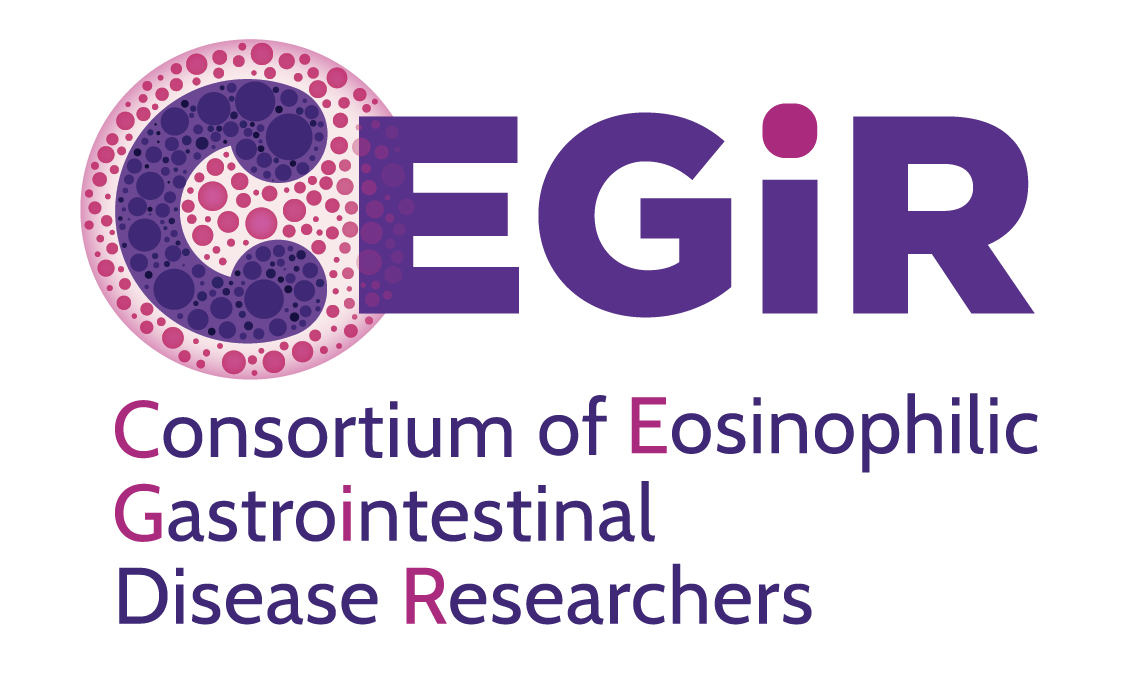Justin T. Schwartz, MD, PhD
Title: Assistant Professor
Affiliation: Cincinnati Children’s Hospital Medical Center
Year entered into CEGIR training program: 2020
Mentor/s: Marc E. Rothenberg, MD, PhD
Biosketch
Dr. Schwartz is a physician-scientist with clinical training in allergy and clinical immunology. He currently holds an academic appointment within the Division of Allergy and Immunology at Cincinnati Children’s Hospital Medical Center and the Cincinnati Center of Eosinophilic Disorders, where he provides clinical care for patients with eosinophilic disease. Dr. Schwartz has research training in basic and translation science with expertise in innate immune function and eosinophil biology. His research is focused on understanding how immunologic progenitor cells participate in the pathophysiology of eosinophilic gastrointestinal disease, with a goal of advancing our understanding of disease mechanisms to identify potential novel therapeutic targets and biomarkers for disease monitoring.
Summary of current CEGIR projects
Dr. Schwartz is working with Dr. Rothenberg to define the potential role that eosinophil progenitor cells (EoPs) may play in the pathophysiology of eosinophilic esophagitis. EoPs are lineage–committed CD34+ progenitor cells that primarily reside in the bone marrow but can be mobilized into the peripheral blood during allergic immune responses and accumulate at sites of allergic inflammation. EoP levels in the peripheral blood of patients with active EoE are significantly increased, and levels can be used to differentiate active disease from inactive disease with high sensitivity, suggesting that EoP levels could serve as a potential disease biomarker. The functional significance of mobilized EoPs remains unclear, but these cells could propagate local tissue inflammation through in situ proliferation and maturation and secretion of inflammatory cytokines. Dr. Schwartz’s project with CEGIR is focused on further evaluating the potential role for EoP levels as a peripheral blood biomarker for disease activity and elucidating the extent to which these cells are recruited into the inflamed esophageal tissue and contribute to local inflammation.
Publications as affiliated with CEGIR
None
Q & A with Dr. Schwartz
How has CEGIR participation made a difference in your career, or how do you anticipate it will?
“Participation in the CEGIR training program will enable me to develop new mentoring relationships with leading experts in the field of eosinophilic gastrointestinal disease, as well as a unique opportunity to network with other junior and senior investigators to develop collaborative relationships to support future project development.”
How do you feel the patient community benefits from the CEGIR training program?
“The CEGIR training program provides support for junior faculty to receive specialty training in eosinophilic gastrointestinal disease, where they can develop the skills necessary to make future contributions that will improve our understanding and eventual management of these disorders. CEGIR also offers a unique training environment where young investigators can participate in the conversations between clinicians, scientists and patient advocacy groups and learn how these collaborations ultimately advance patient care.”

